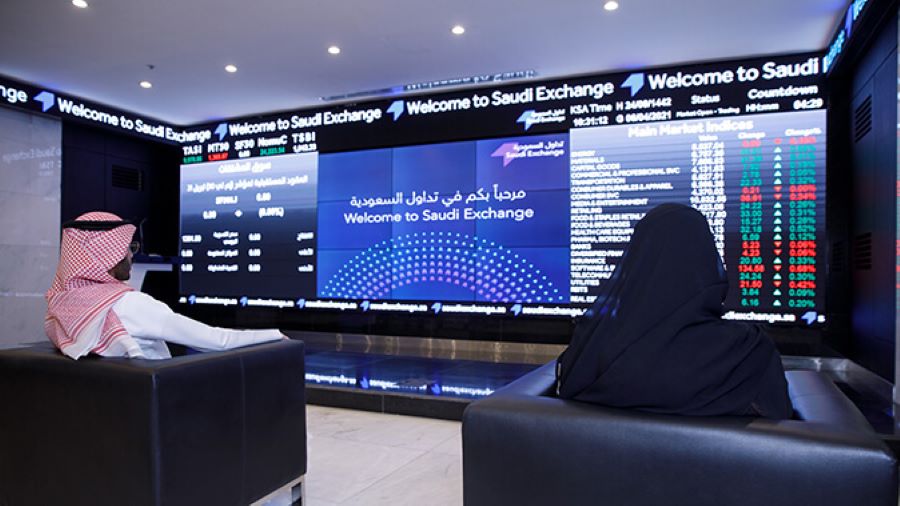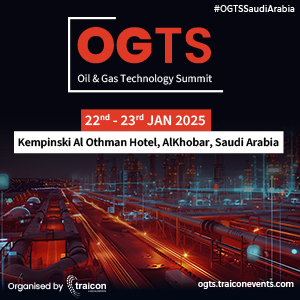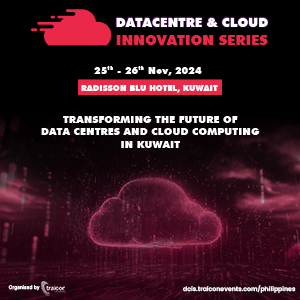
Microsoft to Invest $3.2 Billion to Develop AI in Sweden
In its biggest investment in Sweden, the US tech giant Microsoft announced it will be investing $3.2 billion to develop artificial intelligence (AI) in the country in the next two years.
The funds will primarily be invested in training and expanded capacity in the company’s data centres in Gävle, Sandviken and Staffanstorp in Sweden.
“We see this as an investment that enables and ensures that Sweden can continue to be at the forefront of global competitiveness, Microsoft’s vice chairman Brad Smith, along with Swedish Prime Minister Ulf Kristersson, disclosed at a press conference on Monday.
On his part, Kristersson said that it was an important investment, both in itself and as a signal that Sweden is an attractive place for technology companies to make large investments.
“AI is a technological transformation that we should see as an enhancement, a catalyst for many other things and I think we still underestimate the potential of this field. It will not only affect how we run companies, but accelerate development in other areas,” Kristersson said.
Citing an example, he said that the advances in biotechnology and software development and more tasks can be automated with AI.
The trainings that Microsoft is planning to hold will focus on how to use generative AI, such as Chat GPT from Open AI, as a work tool. Microsoft has recently launched the Copilot service, where the company built Open AI’s technology into its programs. But the courses should not be solely focused on Microsoft’s software, but should provide a broader competence.
In total, the ambition is for a quarter of a million Swedes to undergo Microsoft’s AI training over the next three years. This takes place both in collaboration with technical training and vocational training, and in the form of tailored further training for employees of Swedish companies.
Not Technical Education
Microsoft CEO said that the training was no longer pure technical education. With generative AI, it is something that will probably be injected into all professional roles and educations, she added.
The expansion of the Swedish data centres will provide more capacity to run both cloud services and AI programs in Sweden. Among other things, they will be equipped with over 20,000 advanced graphics processors for AI calculations.
“It is about creating capacity for Sweden by building an IT infrastructure to meet the accelerating need from Swedish companies and the public sector,” Sophia Wikander said.
With increased capacity at data centres means more energy consumption. Microsoft’s ambition is to globally become a carbon dioxide-negative business by 2030, but the company’s AI investments resulted in them instead increasing their emissions by 30% last year.
However, Sophia Wikander said that the Microsoft’s ambition to quickly reduce emissions remains firm.
“We continuously monitor our emissions and globally increase the use of clean energy and buy more renewable energy and make every effort to meet our sustainability goals,” she added.











